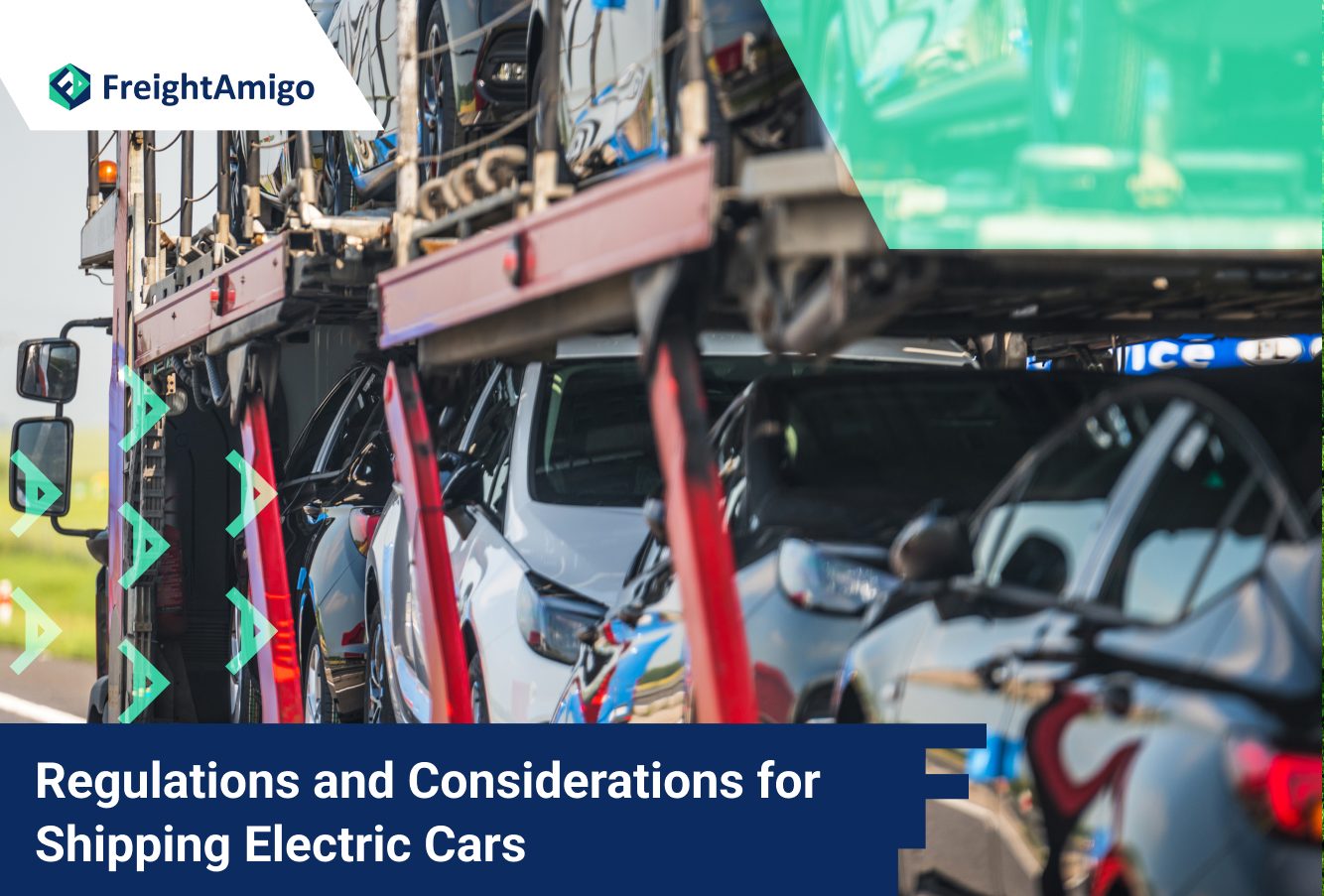Auto Dealers Reiterate Concerns Over Electric Vehicle Regulations

Table of Contents
Impact on Inventory Management and Sales Strategies
Rapidly changing electric vehicle regulations make accurate demand forecasting incredibly difficult for auto dealers. This uncertainty significantly impacts their ability to manage inventory effectively for both gasoline-powered internal combustion engine (ICE) vehicles and EVs. The challenge lies in balancing the stock of traditional vehicles with the growing demand (or lack thereof, depending on market and regulatory shifts) for EVs.
- Difficulty in balancing EV and ICE vehicle stock: Predicting future sales of EVs is challenging given fluctuating government incentives, evolving consumer preferences, and the unpredictable nature of regulatory changes. Overstocking EVs risks obsolescence, while understocking misses potential sales opportunities.
- Increased risk of obsolescence due to rapid technological advancements and regulatory changes: Frequent updates to EV technology and emission standards mean that vehicles can become outdated quickly, leaving dealers with stranded inventory.
- Challenges in training sales staff on the nuances of EV technology and associated incentives: Keeping up with the evolving landscape of EV technology and government incentives requires significant investment in employee training and ongoing professional development.
- Uncertainty surrounding future EV mandates impacting investment decisions: Dealers are hesitant to invest heavily in EV infrastructure and training when future regulations remain unclear and potentially subject to rapid change.
This uncertainty directly affects sales strategies and long-term planning. Dealers need predictable regulatory frameworks to make informed decisions about investments, staffing, and marketing efforts related to EVs. The lack of this predictability hinders their ability to develop sustainable, long-term business plans.
Challenges in Consumer Education and Adoption
Auto dealerships play a vital role in educating consumers about EVs and overcoming common barriers to adoption, such as range anxiety, charging infrastructure limitations, and cost concerns. However, unclear and inconsistent electric vehicle regulations hinder this crucial process.
- Lack of consumer understanding regarding EV technology and charging infrastructure: Many consumers are unfamiliar with EV technology, charging times, and the availability of charging stations.
- Need for increased government and industry initiatives to promote EV adoption and address consumer concerns: Clear, consistent messaging from government and industry is needed to build consumer confidence and address misconceptions about EVs.
- Dealer investment in training and infrastructure to support EV sales and service: Dealerships need to invest in specialized training for their staff and potentially upgrade their facilities to handle EV service and repair.
- The need for clear and consistent messaging regarding EV benefits and incentives: Confusing or contradictory information about EV incentives and regulations can deter consumers from making the switch.
The lack of clear and consistent information, coupled with rapidly changing regulations, creates confusion and undermines dealer efforts to effectively educate consumers about the benefits of EVs.
The Infrastructure Gap: Charging Stations and Grid Capacity
Insufficient charging infrastructure is a major barrier to EV adoption, further complicated by inconsistent electric vehicle regulations across different regions.
- Uneven distribution of public charging stations: The geographical distribution of public charging stations is uneven, with many areas lacking adequate access.
- Concerns about grid capacity and the strain increased EV adoption will place on electricity networks: A massive increase in EV adoption will put significant strain on existing electricity grids, requiring substantial upgrades to infrastructure.
- Need for coordinated planning between government, utilities, and the automotive industry to build out charging infrastructure: A collaborative effort is needed to ensure the timely and efficient development of charging infrastructure.
- Regulatory uncertainty impacting investment in charging station infrastructure: Uncertainty about future regulations makes it risky for private companies to invest in building and maintaining charging stations.
Financial Burden and Compliance Costs
Complying with new electric vehicle regulations places a significant financial burden on auto dealerships. This includes costs associated with training, infrastructure upgrades, and inventory management.
- Increased capital expenditure requirements for dealerships to handle EV sales and service: Dealerships need to invest in new equipment, tools, and training to handle the specific needs of EVs.
- Costs associated with employee training on new technologies and sales processes: Training staff on the nuances of EV technology and sales strategies requires a significant financial commitment.
- Compliance costs related to reporting and adhering to evolving regulations: Staying compliant with constantly changing regulations adds to administrative overhead and costs.
- Potential financial strain on smaller dealerships and franchises: Smaller dealerships may struggle to absorb the costs associated with EV compliance, potentially leading to financial difficulties.
These increased costs can significantly affect dealerships' profitability and long-term sustainability, particularly for smaller businesses.
Concerns Regarding Fair Competition and Market Distortions
Uneven electric vehicle regulations can create unfair competition and distort the market, potentially favoring certain manufacturers and hindering smaller players.
- Concerns about preferential treatment for specific EV manufacturers: Certain regulations might inadvertently favor established EV manufacturers over smaller, newer entrants.
- The impact of government incentives on market dynamics: Government incentives can significantly impact market share, potentially creating an uneven playing field.
- Need for a level playing field for all automakers and dealerships: A fair and equitable regulatory environment is crucial for fostering healthy competition and innovation.
- Potential for regulatory barriers to entry for smaller players in the EV market: Stringent and complex regulations can make it difficult for smaller companies to enter the EV market.
Conclusion
Auto dealers' concerns over electric vehicle regulations are valid and deserve careful consideration. The rapid pace of change, coupled with the significant financial and logistical challenges, requires a collaborative approach between regulators, manufacturers, and dealerships. Addressing these concerns is crucial for fostering a successful transition to EVs and ensuring a healthy automotive market. Ignoring these issues will only hinder the widespread adoption of electric vehicles. We urge policymakers to engage in constructive dialogue with the auto dealer community to address these concerns and create a regulatory framework that supports both environmental goals and economic sustainability. Understanding and addressing these issues is vital for navigating the future of electric vehicle regulations, and ensuring a smooth transition to a sustainable automotive industry.

Featured Posts
-
 Podcast Interview Colman Domingo Discusses The Met Gala His Fashion Sense And Relationships
May 06, 2025
Podcast Interview Colman Domingo Discusses The Met Gala His Fashion Sense And Relationships
May 06, 2025 -
 The Bear Star Ayo Edebiri A Boston Honor
May 06, 2025
The Bear Star Ayo Edebiri A Boston Honor
May 06, 2025 -
 Victor Wembanyama Et Gregg Popovich Un Hommage Respectueux Apres Le Depart Du Coach
May 06, 2025
Victor Wembanyama Et Gregg Popovich Un Hommage Respectueux Apres Le Depart Du Coach
May 06, 2025 -
 Demi Mur I Bryus Uillis Pozdravlenie S Yubileem
May 06, 2025
Demi Mur I Bryus Uillis Pozdravlenie S Yubileem
May 06, 2025 -
 New Ddg Song Take My Son Sparks Controversy With Halle Bailey Diss
May 06, 2025
New Ddg Song Take My Son Sparks Controversy With Halle Bailey Diss
May 06, 2025
